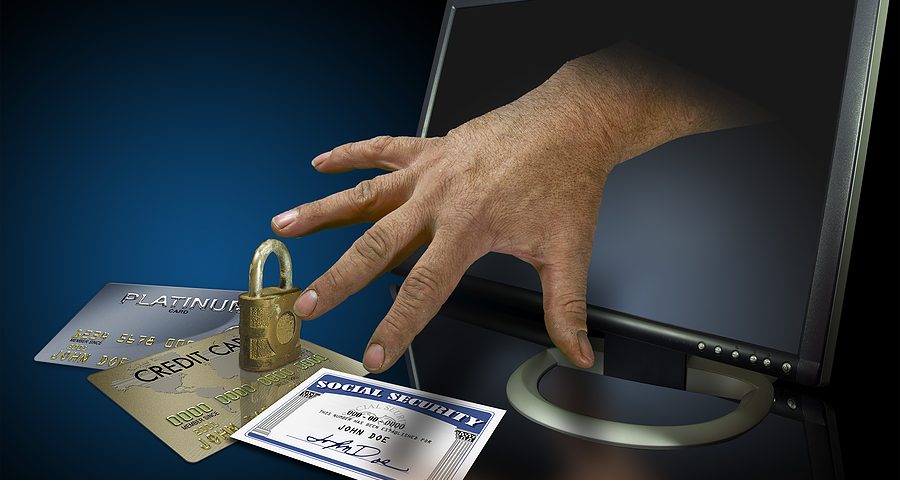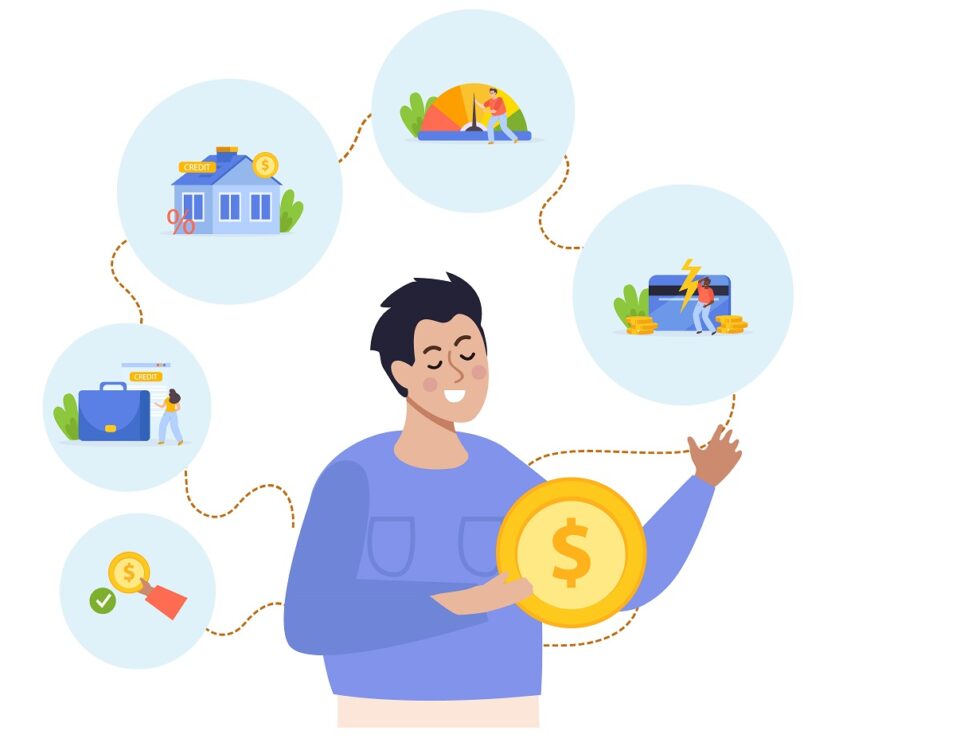- Credit Restoration Experts Nationwide

Red Flag Rules of Identity Theft, Part One
July 10, 2017
40 Million People in US Affected by Innacuracies on Their Credit Reports Says 60 Minutes
July 10, 2017Red Flag Rules Part Two

Who must comply with the Red Flag Rules? Banks, Credit Unions, financial institutions, and creditors if they have “covered accounts”. Covered accounts means any entity which holds a transaction account belonging to a consumer. Just charging a credit card does not qualify in this instance. But breaking it down further, if you defer payment for good and services or bill customers, grant or arrange credit, or participate in the decision to extend, renew or set the terms of credit, then you must comply. If you get or use consumer reports in connection with a credit transaction, give information to credit reporting agencies, or advance funds, then you must comply.
The main point here is storage of the data. If your storage methods constitute a risk of hacking, then you must comply. You must have a written policy, instruction manual, and implement a proactive way of determining if the data given to you by a customer may be false, and ways to detect same.
If you wish to know the exact language that the FTC reviews to determine if you must comply, you can review this information on the FTC’s website: http://www.business.ftc.gov/documents/bus23-fighting-identity-theft-red-flags-rule-how-guide-business#who
As an individual, what kind of triggers are defined to help me watch out for red flags for my family?
- Any hint of fraud in a transaction, such as
- A vendor asks you to run your card a second time because it didn’t go through the first time.
- The salesperson or cashier calls you by name if you have never known them before.
- If a vendor or cashier asks you for the birth date or social security number, unless you are applying for a loan and that information is required.
- Having your password changed by someone other than you.
- Finding out that your account with a vendor has been closed without your knowledge.
- Re-opening an account with a new account number.
- If a lender where you still owe a balance is not trying to collect on that balance.
- Your account has been sold to a third party collection company.
It does not always mean that if an item above has happened to you that it is a fraudulent situation. But it is up to you and you alone to determine the underlying truth of why any of these things happens.
Make sure that when you go shopping, you only take the card you are going to use. Leave the rest of the cards at home in a safe place.
Make sure that when you are holding your credit card, the information on the front is shielded from prying eyes, especially at an ATM machine or inside your bank.
If we can help you identify anything that has occurred, please call your Credit Concierge™ for help.
Identity theft can wreak havoc on your personal credit history. It is vital that you respond immediately when you discover something like this has happened to you or your family. Teach your children to recognize these things as well, because they are particular vulnerable. Contact the three credit bureaus on their websites and freeze your credit reports. In this way, hopefully the vendor won’t have a chance to affect your credit reports. For more information on this subject, go to http://www.consumer.ftc.gov/features/feature-0014-identity-theft

